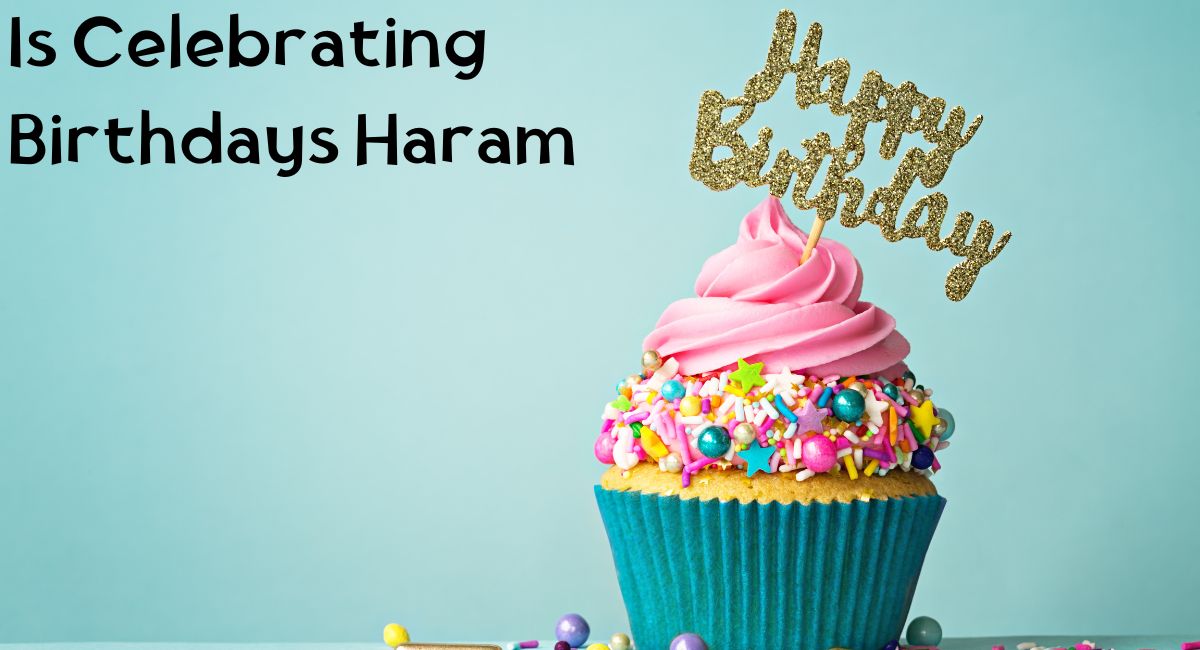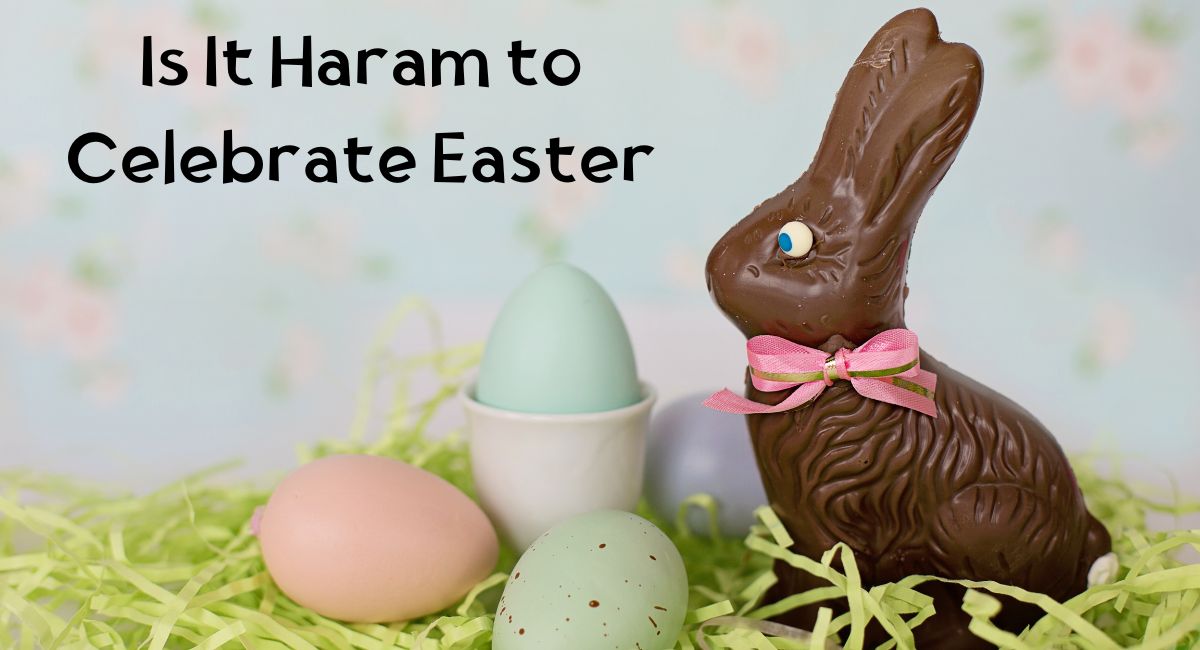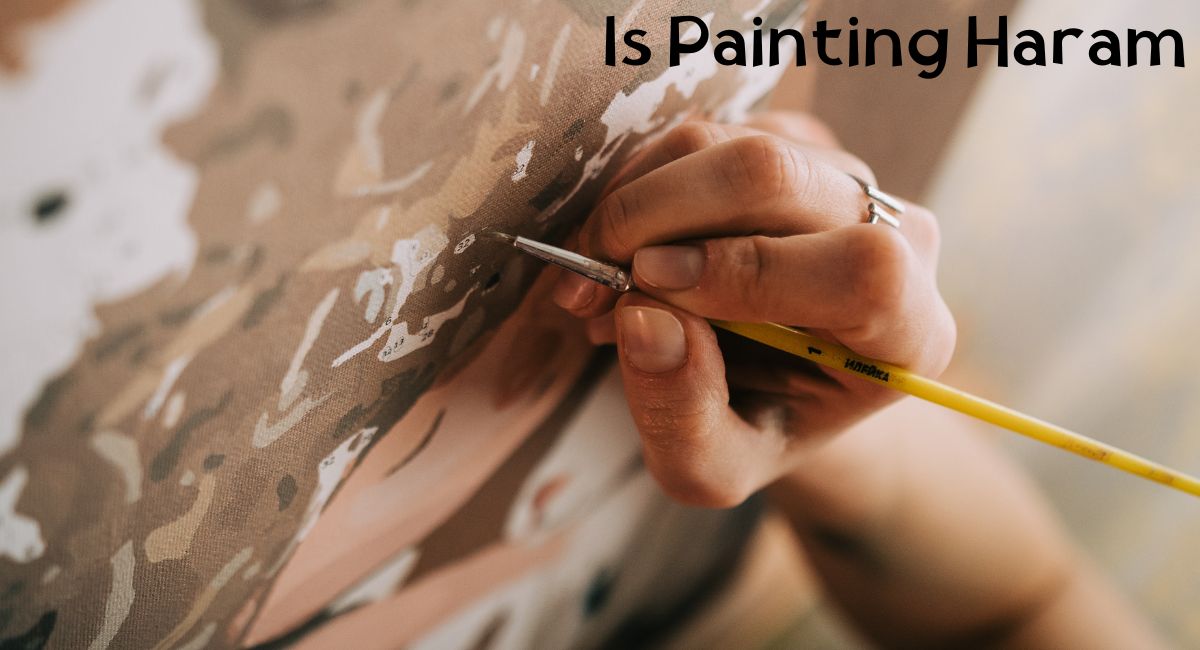The celebration of birthdays is a topic that has generated considerable debate and discussion within the Islamic community. While some Muslims embrace the tradition of celebrating birthdays as a joyful occasion to mark the passing of another year of life, others view it as a practice that may be contrary to Islamic teachings.
In this article, we will explore the various perspectives on whether celebrating birthdays is considered “haram,” or forbidden, in Islam. It is important to note that opinions on this matter may vary among scholars and individuals, and the intention here is to provide a balanced overview of the different viewpoints surrounding this issue.
Is Celebrating Birthdays Haram
The question of whether celebrating birthdays is considered haram (forbidden) in Islam is a matter of debate among Islamic scholars, with varying opinions on the matter. Some scholars argue that celebrating birthdays is haram due to several reasons:
- Non-Islamic Tradition: Some scholars argue that celebrating birthdays is a Western tradition and not from Islam. They consider it as bid’ah (innovation) in Islam, which is not permitted as it has no basis in sharee’ah (Islamic law).
- Emulation of Other Cultures: The argument extends to the point that celebrating birthdays is seen as imitating non-Muslim cultures, which some scholars believe is prohibited. A hadith cited in this regard is: “Whosoever emulates a nation is amongst them” (Sunan Abi Dawud 4/44). This view posits that as Muslims, there is a commandment to refrain from emulating non-Muslims (kuffaar).
- Historical Context: The history of birthday observance is traced back before the rise of Christianity, originating in pagan cultures where it was believed that evil spirits visited people on their birthdays. The celebrations began as a form of protection against these spirits.
However, there are contrasting views:
- Difference in Interpretation: Some scholars argue that birthdays are not considered customs or festivals in the Islamic context, and thus, celebrating them could be permissible. This interpretation is based on the idea that birthdays do not have significant religious connotations and are more of personal milestones.
- Permissible Celebrations: Imam Abu Laith Luqman Ahmad stated that acknowledging someone’s birthday by greeting, prayer, celebration, wishing joy and happiness, and giving gifts is permissible according to the laws of Islam, as long as no prohibited acts are involved.
- Thanking Allah for Life: It is also suggested that celebrating a birthday could be an opportunity to thank Allah for another year of life, asking for a long life span and blessings. However, this form of celebration should not resemble the typical entertainment-focused birthday parties.
- Attending Birthday Parties: The permissibility of attending birthday parties also varies. While some scholars believe it’s haram, considering it as approval of an un-Islamic act, others like Shaykh Yusuf Badat argue that it’s halal provided certain conditions are met, such as not considering the celebration an Islamic practice, avoiding haram acts like alcohol consumption, and not imitating non-believers.
Whether or not celebrating birthdays is haram in Islam is a complex issue that has been debated by scholars for centuries. There is no clear consensus on the matter, and there are strong arguments to be made on both sides.
Some scholars argue that celebrating birthdays is haram because it is a form of innovation (bid’ah) in religion that has no basis in the Quran or Sunnah. They point out that the Prophet Muhammad (peace be upon him) never celebrated his own birthday, nor did he encourage his companions to do so. They also argue that celebrating birthdays is a form of imitation of the non-Muslims, which is prohibited in Islam.
Other scholars argue that celebrating birthdays is permissible in Islam as long as it is done in a way that is consistent with Islamic principles. They point out that there is nothing inherently wrong with celebrating the day of one’s birth, and that it can be a way of expressing gratitude to Allah for the blessing of life. They also argue that celebrating birthdays can be a way of strengthening family and community bonds.
Ultimately, the decision of whether or not to celebrate birthdays is a personal one that should be made on a case-by-case basis. Muslims should carefully consider the arguments on both sides of the issue and make a decision based on their own understanding of Islam.
Here are some additional factors that Muslims may want to consider when making their decision:
- The way in which birthdays are celebrated in their community
- Their own personal beliefs and values
- The impact that celebrating birthdays may have on their children or other family members
It is important to remember that there is no right or wrong answer to this question. Muslims should respect the decisions of others, even if they disagree with them.
Is It Permissible to Have Candles on a Cake
In Islamic teachings, the practice of having candles on a cake, particularly during birthday celebrations, is not explicitly mentioned in the Quran or Hadith. Therefore, many Islamic scholars and sources consider it permissible as long as it adheres to certain principles:
Permissibility in Principle: According to some Islamic perspectives, customs like birthday celebrations, which may include having candles on a cake, are permissible in principle, provided they do not involve any haram (unlawful) practices. The act of celebrating a birthday, including using candles, is not inherently religious and does not conflict with Islamic principles if done in a permissible manner.
Cultural Practice: The act of blowing candles, as understood in Islamic teachings, does not have specific religious significance. It is considered a cultural practice that is generally permissible as long as it does not contradict fundamental Islamic principles. Islam encourages joyful celebrations but emphasizes that such celebrations should be in accordance with Islamic teachings, avoiding extravagance and wastefulness. Therefore, blowing candles on a cake is seen as permissible when it is a part of cultural celebration without religious or superstitious connotations.
Intention Matters: The permissibility of blowing out candles in Islam largely depends on the intention behind it. If this act is performed without attributing any superstitious or un-Islamic beliefs, it is not considered haram. It is essential for Muslims to understand the meaning and implications of any act they undertake, ensuring that it aligns with Islamic teachings and does not associate any partners with Allah. Cultural practices should not inherently contradict Islamic teachings.
Association with Pagan Traditions: It is noted that the tradition of making a wish and blowing out candles originates from Pagan traditions, which believed that the smoke from the candles carries wishes to the gods. From an Islamic perspective, attributing such power to anything other than Allah is considered shirk, the greatest sin in Islam. Thus, if blowing out candles is seen as a cultural or decorative aspect of a celebration without attributing any superstitious beliefs, it would not be considered haram.
All in all, having candles on a cake, such as during a birthday celebration, is generally considered permissible in Islam as long as it is approached as a cultural practice without religious or superstitious associations. The key consideration is to ensure that the act aligns with Islamic principles of monotheism and modesty, avoiding any practices that may lead to extravagance or contradict the belief in the oneness of Allah.
What Are Some Islamic Ways of Celebrating Birthdays
While traditional birthday celebrations with cakes, candles, and gifts are not considered permissible in Islam, there are alternative ways for Muslims to mark the occasion and express gratitude for another year of life. Here are some Islamically appropriate ways to celebrate a birthday:
- Express Gratitude to Allah: The primary focus of an Islamic birthday celebration should be on expressing gratitude to Allah for the blessing of life and the opportunity to grow and learn. Muslims can recite prayers of thankfulness, make supplications for continued guidance and blessings, and reflect on the countless (blessings) that Allah has bestowed upon them.
- Engage in Acts of Charity: Giving back to the community and helping those in need is a highly valued act in Islam. Muslims can commemorate their birthdays by engaging in charitable activities, such as donating to worthy causes, volunteering their time, or providing assistance to the less fortunate.
- Seek Knowledge and Understanding: Islam emphasizes the pursuit of knowledge and understanding as a lifelong endeavor. Muslims can use their birthdays as an opportunity to delve deeper into Islamic teachings, attend educational lectures or workshops, or engage in meaningful discussions with knowledgeable individuals.
- Strengthen Relationships: Birthdays can serve as a reminder to nurture and strengthen relationships with loved ones. Muslims can spend quality time with family and friends, express appreciation for their presence in their lives, and engage in activities that foster connection and deepen bonds.
- Reflect on Personal Growth: Birthdays can be a time for introspection and personal reflection. Muslims can take some quiet time to ponder their spiritual journey, assess their progress in fulfilling Islamic principles, and identify areas for continued growth and improvement.
- Perform Additional Acts of Worship: Muslims can mark their birthdays by engaging in additional acts of worship, such as performing extra prayers, reciting more Quran, or making more dua (supplications). These acts of devotion can express gratitude and seek Allah’s blessings for the year ahead.
- Host a Halal Gathering: Muslims can organize a gathering with family and friends to celebrate the occasion. The gathering should focus on halal activities, such as sharing meals, engaging in Islamic discussions, or participating in charitable endeavors.
- Help Others in Need: Offering assistance to those in need is a noble act that aligns with Islamic values. Muslims can use their birthdays as an opportunity to organize food drives, collect donations for charity, or volunteer at local shelters or community organizations.
- Seek Forgiveness and Reconciliation: Birthdays can serve as a reminder to seek forgiveness from those one may have wronged and to reconcile with those with whom one may have had disagreements. This act of seeking peace and forgiveness aligns with Islamic teachings on compassion and unity.
- Express Gratitude to Parents: Muslims can use their birthdays to express their heartfelt gratitude to their parents for their love, sacrifices, and guidance. This expression of appreciation reinforces the importance of honoring one’s parents, a cornerstone of Islamic teachings.
By incorporating these Islamically appropriate practices into their birthday celebrations, Muslims can commemorate the occasion in a meaningful and spiritually enriching way, aligning their actions with the values and teachings of Islam.
Explore the diverse perspectives on celebrations within Islam.
Is Celebrating New Years Haram: Discover the Islamic viewpoint on ringing in the New Year. This article explores whether the festivities and traditions associated with New Year’s Eve are in accordance with Islamic principles.
Is It Haram to Celebrate Christmas: Uncover the discussion about celebrating Christmas within the Islamic faith. Learn about the various opinions and interpretations regarding participation in Christmas festivities.






